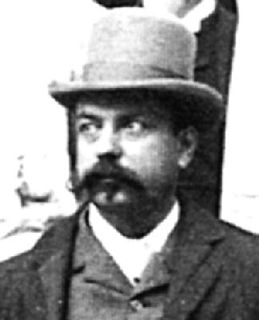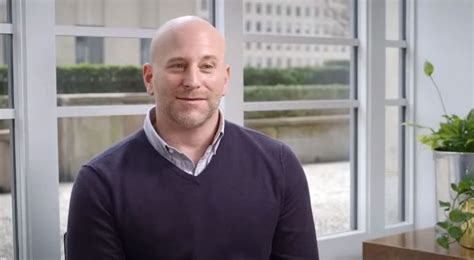A Quote by Jeffrey Gitomer
If you own the problem, you own the customer. If you lose the problem, you lose the customer. It's that simple.
Related Quotes
It is said if an organization listens to the complaint of a customer and the problem is fixed, the customer remains a loyal customer and tells approximately seven others about the experience. Conversely, if a person is ignored and the problem not fixed, that customer will not deal with that organization anymore and will tell approximately twenty other people about the negative experience.
The most common way customer financing is done is you sell the customer on the product before you've built it or before you've finished it. The customer puts up the money to build the product or finish the product and becomes your first customer. Usually the customer simply wants the product and nothing more.
Traditional sales and marketing involves increasing market shares, which means selling as much of your product as you can to as many customers as possible. One-to-one marketing involves driving for a share of customer, which means ensuring that each individual customer who buys your product buys more product, buys only your brand, and is happy using your product instead of another to solve his problem. The true, current value of any one customer is a function of the customer's future purchases, across all the product lines, brands, and services offered by you.


































